Ku saabsan Weydiinta
Weydiinta Covid-19 ee UK waa
- ogaanshaha waxa dhacay intii lagu jiray faafitaanka Covid-19 ee UK
- barashada sida loogu diyaar garoobo masiibada mustaqbalka
Weydiinta waxa loo qaybiyaa qaybo.
Cutub kastaa wuxuu ku saabsan yahay maaddo kala duwan. Cutub kastaa wuxuu leeyahay:
- dhegeysiga dadweynaha - dhacdooyinka ay dadku ka hadlaan waaya-aragnimadooda
- warbixin
Sheeko Kasta Waa Muhiim
Sheeko Kasta Waa Muhiim waa sida ay Weydiinta u soo ururiso waaya-aragnimada dadka ee cudurka faafa.
Qof kasta oo UK jooga wuu nala wadaagi karaa tooda. Sheekooyinka waxaa loo adeegsadaa Weydiinta. Ma isticmaalno magacyada dadka.
Sheekooyinku waxay naga caawiyaan inaan wax ka barano wixii dhacay, ka dib go'aan ka gaarno sida wax loo sameeyo si ka duwan mustaqbalka.
Waxaa laga yaabaa inaad xanaaqdo markaad akhrido oo aad wadaagto sheekooyin. Halkan waxaa ah xiriirinta macluumaadka ku saabsan helitaanka taageerada: https://covid19.public-inquiry.uk/support–inta-ku-shaqeynta-su'aalaha/
Diiwaanada

Qaybaha qaarkood waxay isticmaalaan caddaynta
Sheeko kastaa waa muhiim.

Mid walba diiwaanka waa mid kooban oo dadku noo sheegeen.

Dukumeentigani waa nooca akhriska fudud ee Soo koobida diiwaanka tallaalada iyo daawaynta.
Diiwaanada Sheeko Kasta oo Muhiim ah waxay yaalaan mareegahayaga: Sheeko Kasta Waa Muhiim Diiwaanada
Talaalo
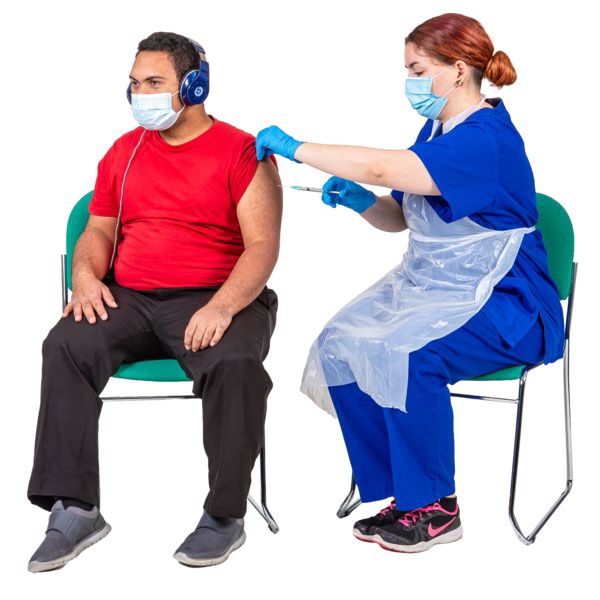
Covid 19 Talaalo waxaa dadka loo siiyaa cirbad ahaan.
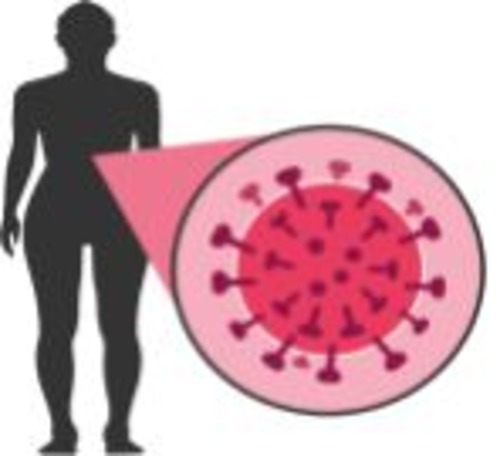
A tallaalka bara jidhkaaga inuu aqoonsado oo uu la dagaalamo fayraska.
Dawaynta
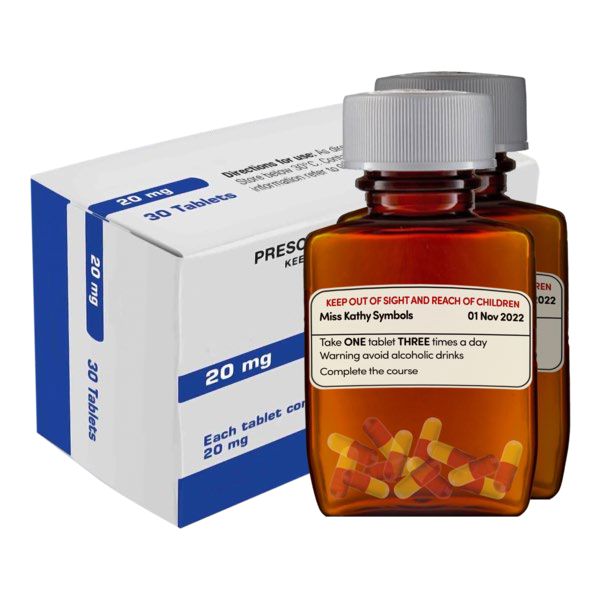
Dawaynta ka caawi dadka inay si dhakhso leh uga soo kabtaan Covid-19.
Tusaalooyinka daawaynta waxaa ka mid ah daawooyinka iyo unugyada difaaca jirka.

Cid walba lama siin. Kaliya dadka ay u badan tahay inay aad u xanuunsanayaan ayaa loo oggolaaday leeyihiin iyaga.
Talaalo

Helitaanka macluumaadka ku saabsan tallaalada
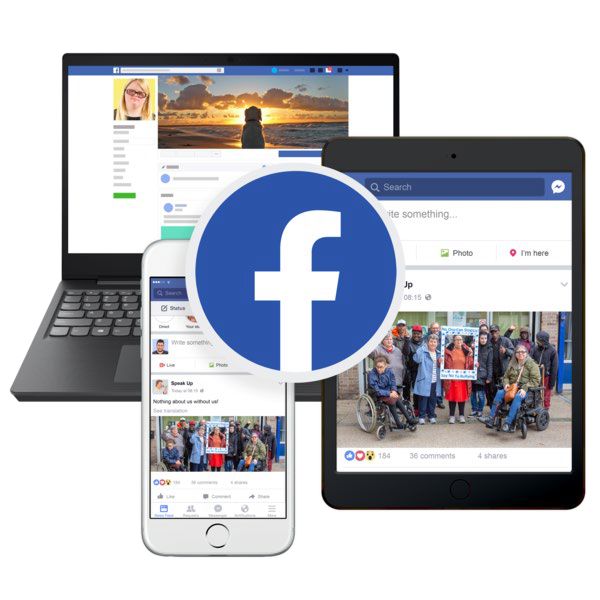
Dad badan ayaa ka maqlay tallaallada wararka iyo baraha bulshada.

Dadka qaar waxay dareemeen nafis.
Waxay gelisay rajo ah in noloshu ay mar dhow sidii hore ku soo noqon doonto.

Dad kale waxay u maleeyeen in tallaallada si degdeg ah loo soo saaray.
Waxay ka walwalsanaayeen in tallaalladu aanay ammaan ahayn.

Dadka badankiisu waxay fahmeen macluumaadka ku saabsan cidda qaadanaysa tallaalka, iyo goorta.

Dadka qaar ayaa ku wareeray macluumaadka ku saabsan sida badbaadada iyo waxtarka tallaaladu u yihiin.

Way adkeyd in la helo macluumaadka la heli karo. Tusaale ahaan, far waaweyn ama luqado kala duwan.

Taladii haweenka uurka leh iyo hooyooyinka cusub ayaa isbedelay. Dadkan walaacsan.
Dadka qaar ayaa aamini waayay xogta dowladda ee ku saabsan tallaallada. Meelo kale ayay xog ka raadiyeen.
Dadka qaarkiis waxay dareemeen in ay aad uga xun yihiin xog badan.

Dad badan ayaa aamini waayay waxa ay ku arkeen baraha bulshada. Waxay arkeen sheekooyin ku saabsan dadka falcelin xun ka yeeshay tallaallada.
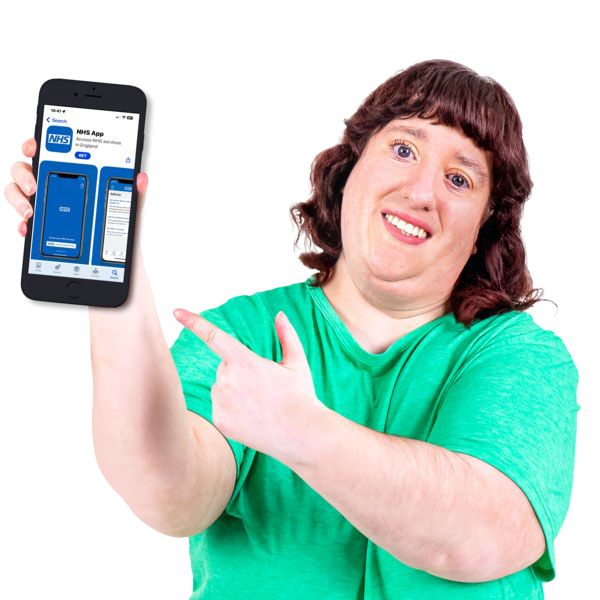
Dadka qaar ayaa sheegay in xogta lagu faafiyay baraha bulshada ay tahay mid faa’iido leh, islamarkaana ay ka caawisay inay go’aanno qaataan.
Helitaanka macluumaadka dadka kale
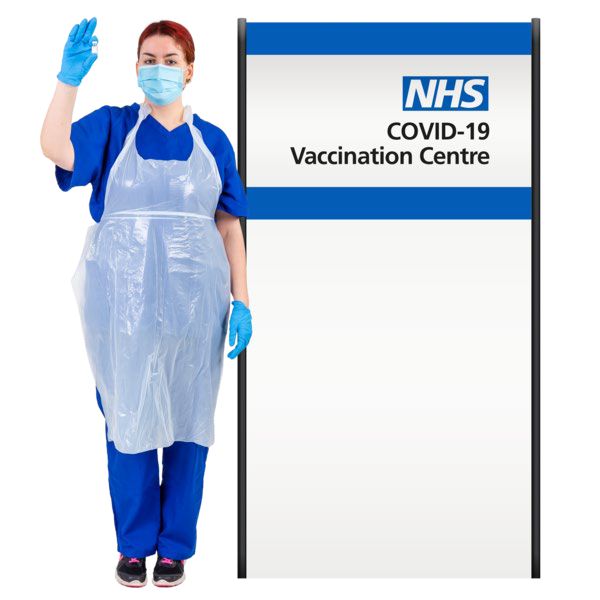
Dadku waxay ka heleen xog wanaagsan:
- shaqaalaha caafimaadka, sida dhakhaatiirta iyo umulisooyinka
- xarumaha tallaalka
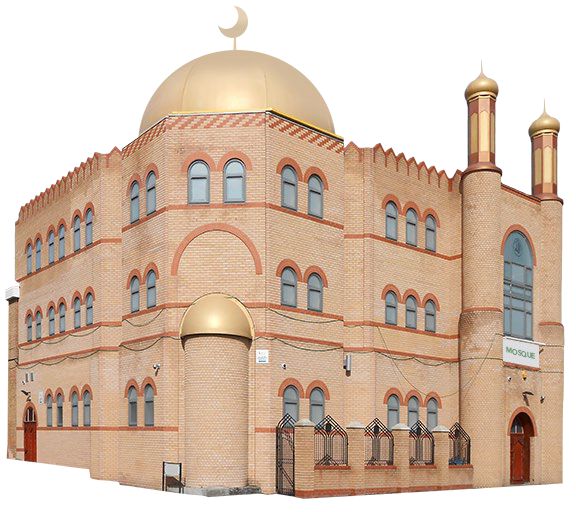
- kooxaha taageerada
- bulshooyinka iimaanka
- asxaabta iyo qoyska
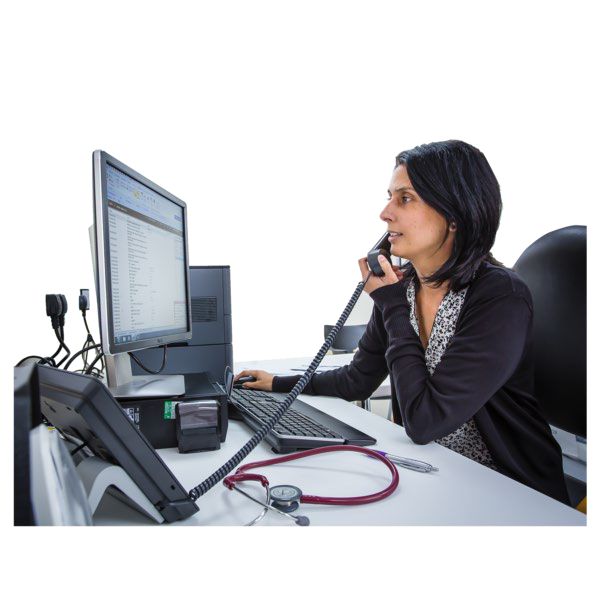
Dadka qaar ayaa xog dheeraad ah ka rabay GP-gooda.
Dadka qaar ayaa noo sheegay in qoysaskooda ay isku dayeen in ay ku qanciyaan in ay qaataan, ama aysan qaadan, tallaalka.
Dadka go'aansaday in la tallaalo ayaa noo sheegay:
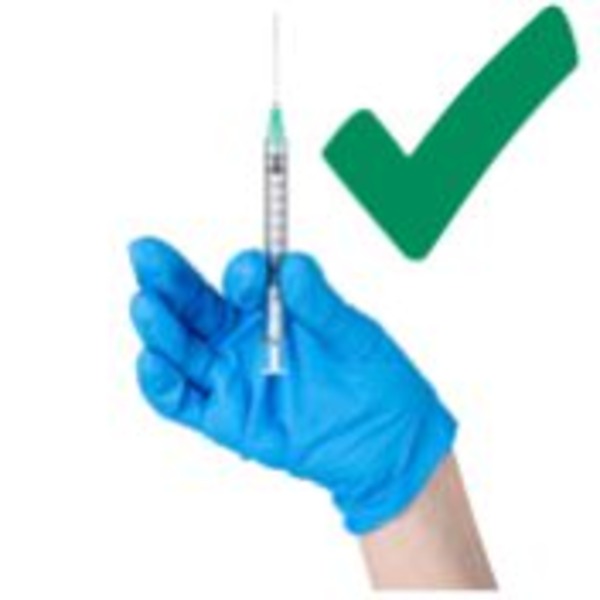
- waxay u qaateen inay qaadan doonaan, si aanay u dareemin go'aan
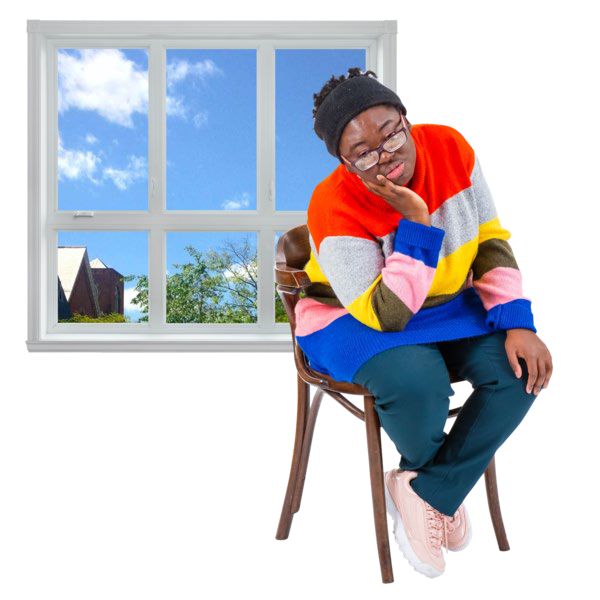
- waxay gelisay rajo ah inay soo afjaraan qufullada

- waxay rabeen inay iska ilaaliyaan jirro halis ah
- waxay aamini jireen dadka sida saynisyahano, dhakhaatiir iyo siyaasiyiin
- Dadka qaarkiis waxay dareemeen inay tahay inay qaataan tallaalka, sababtoo ah cadaadiska bulshada
Sababaha ay dadku u go'aansadeen in aan la tallaalin, ama aysan hubin:
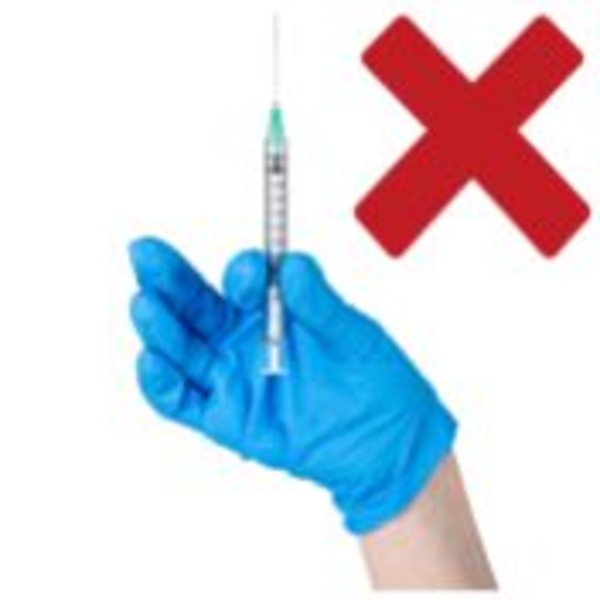
- ka werwero in tallaalku badbaado yahay iyo in kale
- macluumaad ku filan oo ku saabsan saamaynta tallaalka mustaqbalka
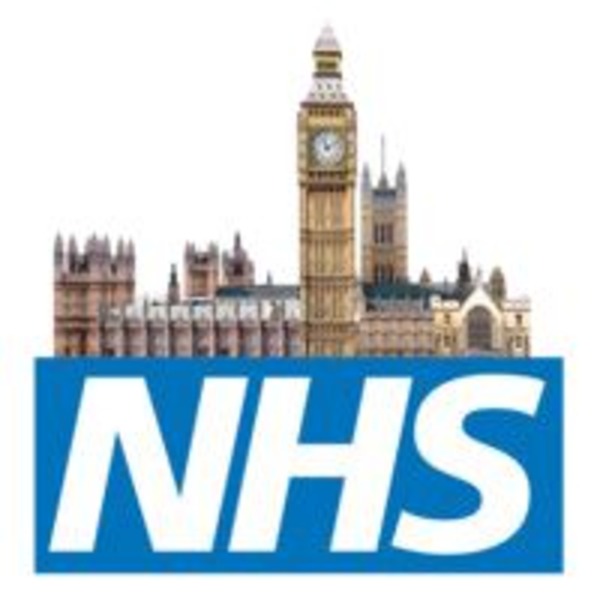
- haddii dadku ay la kulmeen midab-takoor iyo takoorid ka hor masiibada, kuma aamminsanayn fariimaha dawladda ama NHS-ta

- waxay dareemeen inaysan u baahneen tallaalka, sababtoo ah halis uguma jirin inay aad u caafimaadaan
Qaadista tallaalada dadka
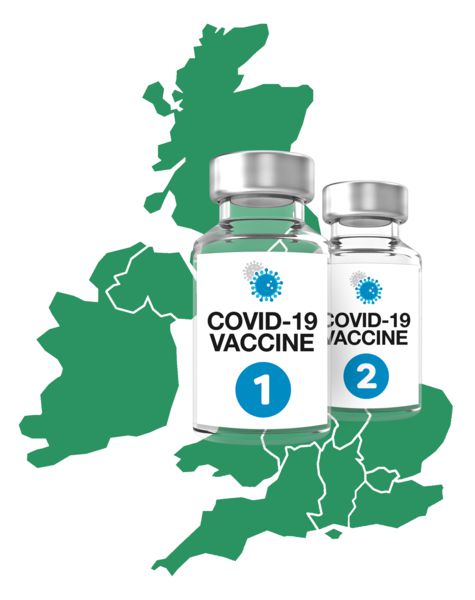
Dadka aadka ugu baahan tallaalka ayaa markii hore helay. Dadku waxay noo sheegeen inay u malaynayeen in tani cadaalad tahay.
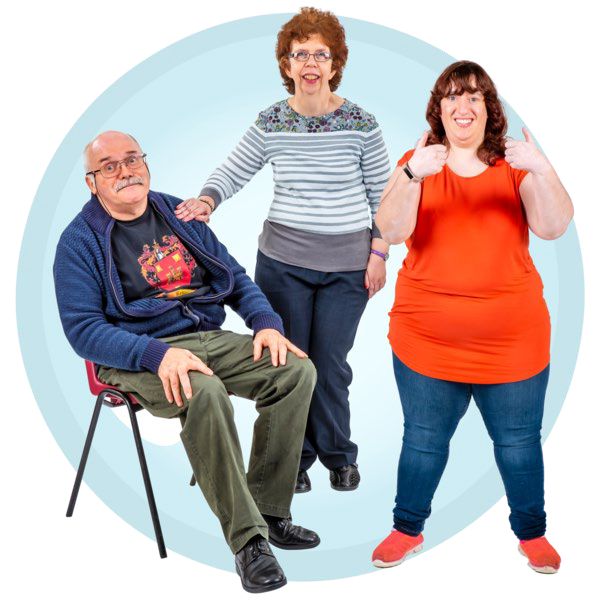
Dadka qaar waxay u maleeyeen in kooxaha dadka qaarkood ay ahayd in si degdeg ah loo tallaalo.
Tusaale ahaan, dadka la nool qof waxay halis ugu jiraan inay aad u jirraan.
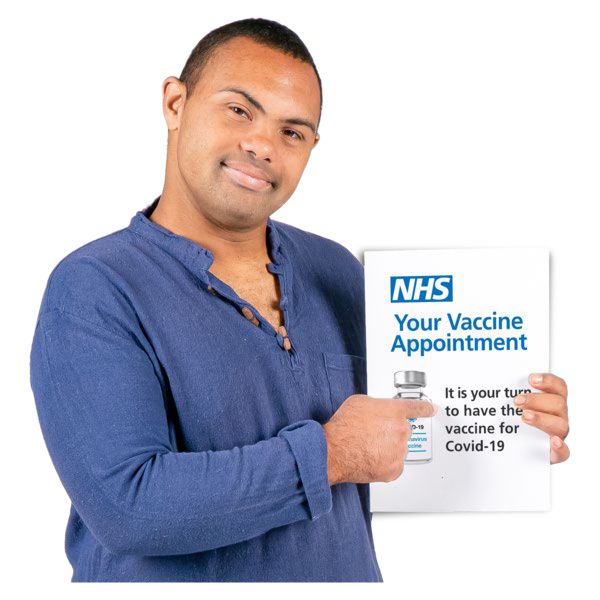
Habka ballan-qaadku wuu fiicnaa.
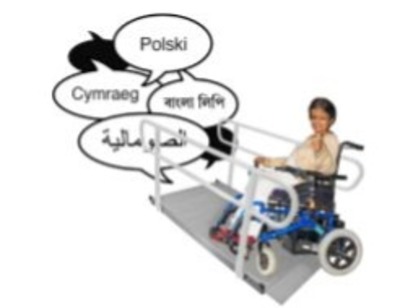
Waxay noqon kartaa mid si aad ah loo heli karo oo ay ku jirto macluumaadka ku saabsan caawimaadda dheeraadka ah ee xarumaha tallaalka.
Kadib tallaalka ugu horreeya

Dad badan ayaa dareemay farxad ama rajo ku saabsan in noloshu ay caadi ku soo noqoto.
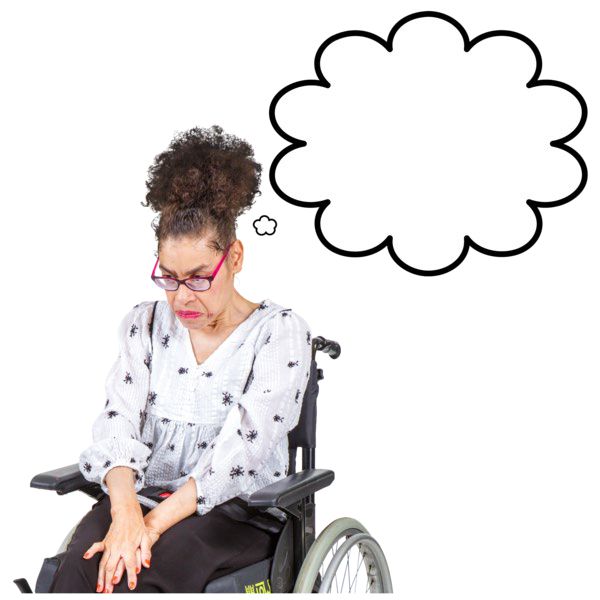
Dadka qaar waxay dareemeen qoomamo ama cabsi. Badanaa tani waxay ahayd sababtoo ah waxay dareemeen in lagu qasbay inay qaataan tallaalka.
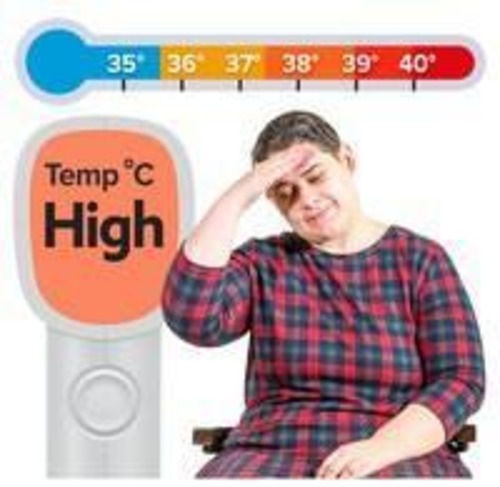
Dadka qaar waxay dareemeen waxyeellooyin, sida cudud xanuun, xanuun iyo qandho.
Dadka qaar waxay lahaayeen waxyeelooyin aad u daran waxayna u baahdeen inay isbitaal aadaan. Dadkaas qaarkood waxay dareemeen niyad-jab, xanaaq iyo in la iska indho-tiray.
Dawaynta

Daaweynta waxaa la siiyay dadka halista ugu jira inay aad uga roonaadaan Covid-19.

Dadku waxay maqleen daawaynta oo ka socda NHS, madaxa sarkaalka caafimaadka iyo kooxaha taageerada.
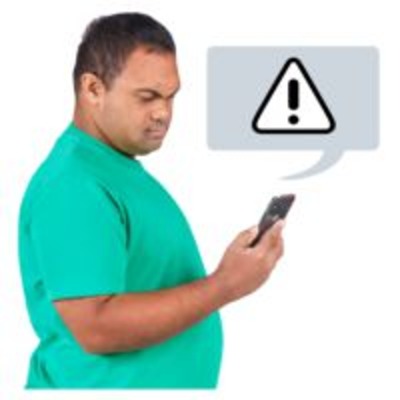
Dadka qaar ayaa la soo xidhiidhay Imtixaan iyo Raad raac.
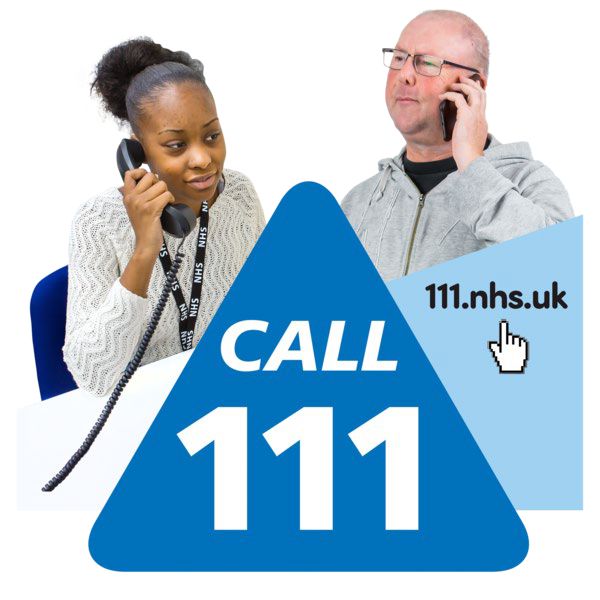
Dadka qaar ayaa la xidhiidhay NHS 111.
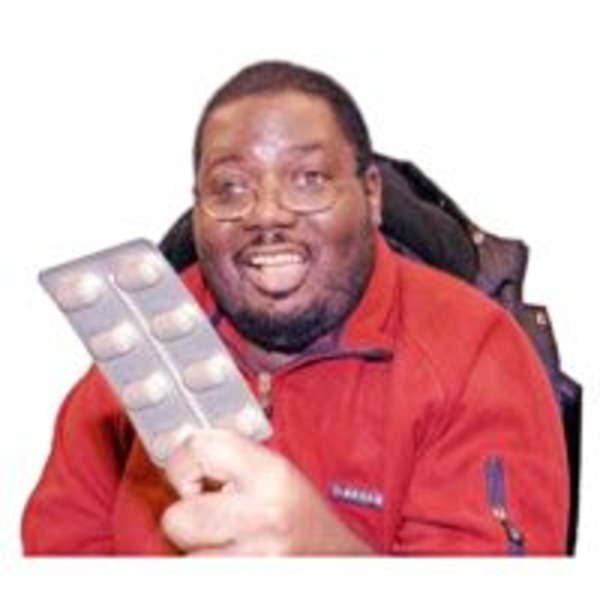
Daawaynta inta badan waxay caawisay inay dadka dareensiiso caafimaad darro.
Dadka qaar ayaa ku wareeray sidii loo heli lahaa, iyo cidda loo ogolyahay inay helaan. Meelo kala duwan ayaa laga helay xogo kala duwan.
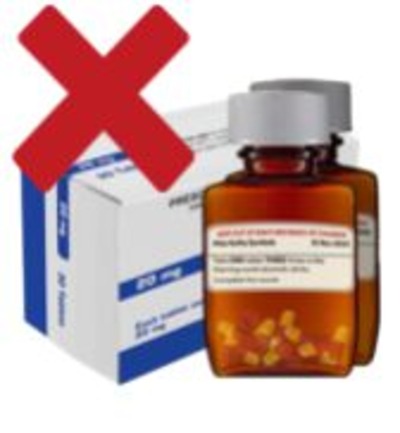
Dadka qaar ayaa sheegay in aan la siin daweyn, balse dadka ay xaaladdan oo kale ku dhacday la daweynayay. Tani waxay ka dhigtay inay dareemaan niyad-jab iyo xanaaq.
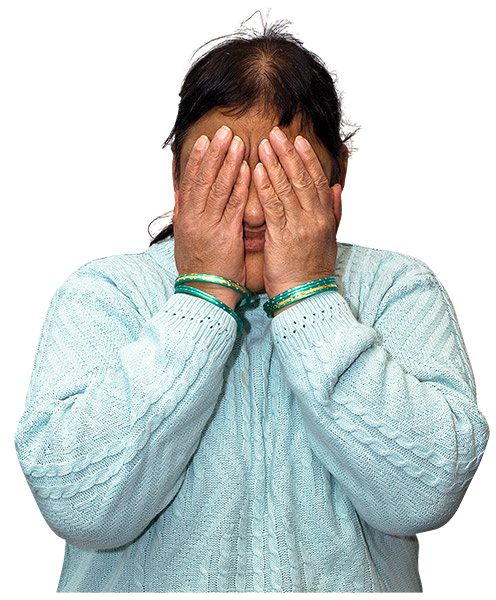
Dadka aan la siin daawaynta waxay dareemeen cabsi ay ka qabaan waxa dhici kara.
U sheeg sheekadaada
Waxaad khibradaada ku wadaagi kartaa 3 siyaabood:
Mareegahayaga
Dhacdooyinka
Waxaanu wadnaa dhacdooyinka soo-jiidashada ee magaalooyinka iyo magaalooyinka UK.
Cilmi baaris
Waxaan cilmi-baaris ku sameynaa kooxo dad ah oo la soo xulay.
Waad ku mahadsan tahay akhrinta diiwaankayaga.
